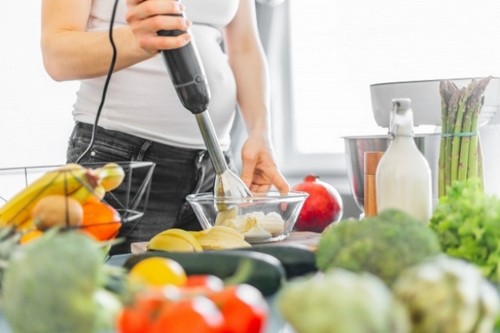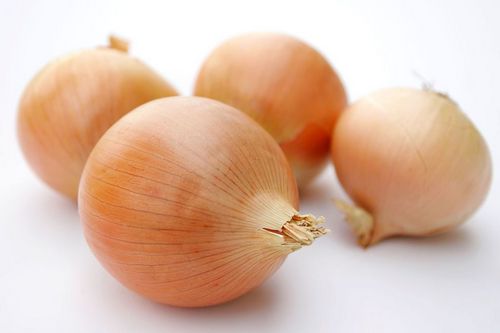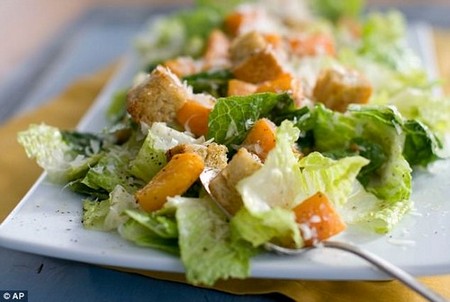Do not starve, don’t pass and prepare delicious dishes from the right products – and then your personal diet for pregnant women will be the best! Enjoy your meal.
And be healthy!
Pregnant women should ensure that their diet has enough nutrients and energy for the proper development and growth of the baby. It is also important to make sure that the body is healthy enough to cope with the ongoing changes.
What should be the weight gain?
To determine how many kilograms you can gain in 9 months, calculate your body mass index (BMI) before pregnancy. If:
- BMI less than 19.8 – add from 12.5 to 19 kg,
- BMI = 19.8-26 – 11-15 kg,
- BMI = 26-29 – 7-12 kg,
- BMI over 29 – 6kg
And with a multiple pregnancy, if you are expecting twins, add 2.3-4.6 kg to the norm.

The weight gain schedule is likely to be this: until the 20th week of pregnancy – no more than 700 grams, from 20 to 30 – 400 grams. After 30 – 300-350g.
Pregnancy Nutrition
As mentioned above, the mother must follow a varied, balanced and nutritious diet, including:
Fruits and vegetables
Strive for five servings of fruits and vegetables per day. They can be in the form of juice, dried, canned, frozen or fresh. Fresh and frozen (if frozen shortly after collection) foods usually contain more vitamins and other nutrients.
Experts emphasize that eating whole fruits is generally better than drinking juice, as the natural level of sugar in the juice is very high.
Carbohydrate Rich Starchy Foods
This includes potatoes, rice, pasta and bread. High-energy carbohydrates are an important component of good nutrition during pregnancy.
Squirrels
Useful animal proteins include fish, lean meats, chicken, and eggs.
All pregnant women and especially vegans should consider the following foods as good sources of protein:
- Quinoa includes all the essential amino acids.
- Tofu and soy products.
- Beans, lentils, legumes, nuts, seeds, and nut butters are a good source of protein and iron.
British and Brazilian researchers reported in PLOS ONE magazine that pregnant women who ate seafood had a lower level of anxiety. The authors write that expectant mothers who never ate seafood had a 53% higher risk of problems associated with high anxiety.
Fats
Fats should not make up more than 30 percent of a pregnant woman’s diet. Scientists at the University of Illinois have reported that a high-fat diet can genetically program a child for future diabetes. There are other risks to pregnancy associated with excessive consumption of fats, so balance is needed, and monounsaturated and omega-3s or “healthy fats” should prevail in the diet.
Examples of foods high in monounsaturated fats include olive, peanut, sunflower, sesame oil, canola oil, avocado, and various nuts and seeds.
Cellulose
Whole grain foods: wholemeal bread, wild rice, whole grain pasta, legumes and lentils, fruits and vegetables are rich in fiber.
During pregnancy, the risk of constipation increases greatly, and the use of large amounts of fiber effectively minimizes it. Studies have shown that fiber reduces the risk or severity of hemorrhoids, which also becomes higher as the fetus grows.
Foods to Avoid During Pregnancy
The following foods are best avoided during pregnancy:
- Shark, swordfish, marlin and other fish containing high levels of mercury.
- Raw or partially cooked meat and seafood. They increase the risk of bacterial or viral contamination that can cause food poisoning. Some bacteria and viruses can also cross the placenta and harm the baby.
- Raw eggs, including any products with raw or partially cooked eggs in them. Eggs must be well cooked to avoid salmonella infection.
- Raw or undercooked convenience foods. It is very important that semi-finished products are cooked until they become hot. There is a risk of listeriosis, as well as infection from other pathogens.
- Pate. Any type of paste, whether vegetable or meat, also increases the risk of infection with listeria (rod-shaped bacteria).
- Soft cheese such as blue, brie or camembert. There is a risk of infection with listeria. Listeria is a group of bacteria that can cause potentially fatal infections in pregnant women and their children.
- Products with “empty calories”. Cakes, cookies, chips and sweets should be kept to a minimum. Many of these high-sugar and fat-free options have no nutritional value and can contribute to weight gain.
Should caffeine be given up?
If a pregnant mother consumes too much caffeine during pregnancy, then there is an increased risk of low birth weight, which can lead to health problems in the future. The risk of miscarriage also increases.
Caffeine is not only found in coffee. Examples include various sodas, energy drinks, chocolate and tea. Some common cold and flu remedies also contain caffeine. A pregnant woman should talk with her doctor, nurse, or pharmacist before taking any medicine.
Most health authorities around the world say that coffee does not need to be ruled out completely, but consumption should not exceed 200 milligrams per day. A standard instant coffee mug contains 100 milligrams of caffeine.
How many calories does a pregnant woman need?
In the last 2 trimesters, more calories will be needed than before pregnancy. Increase your diet by 300 kcal. For the average woman, this is 2500 kcal.
What vitamins to take during pregnancy?
The information below in no case can contradict the testimony of a doctor, so be sure to consult your doctor before taking any supplements.
Iron
A pregnant woman should consume 27 mg of iron per day. This amount is quite possible to get from food, but in some cases can not do without additives.
To avoid unpleasant symptoms such as heartburn, nausea or constipation, it is better to take iron with food, gradually increasing the dose.
Folic acid
It is recommended to take 400 mcg of folic acid per day until the 12th week of pregnancy. Ideally, it is better to start taking this supplement long before pregnancy.
Vitamin D
A pregnant woman should take 10 mcg of vitamin D per day. Summer sunlight is a good source of this vitamin (it triggers its synthesis), but exposure should be limited, since prolonged exposure to the sun can cause burns and increases the risk of skin cancer.
Zinc
A study published in Food and Nutrition Bulletin found that “zinc deficiency during pregnancy can cause adverse pregnancy outcomes for the mother and the fetus.” Scientists found that pregnant women taking zinc supplements had a 14 percent lower chance of having a baby.
Avoid Vitamin A Supplements
Pregnant women should avoid consuming too much vitamin A, as this can harm their baby. An exception to this rule is the recommendation of a doctor, for example, if a deficiency of this vitamin has been detected.



